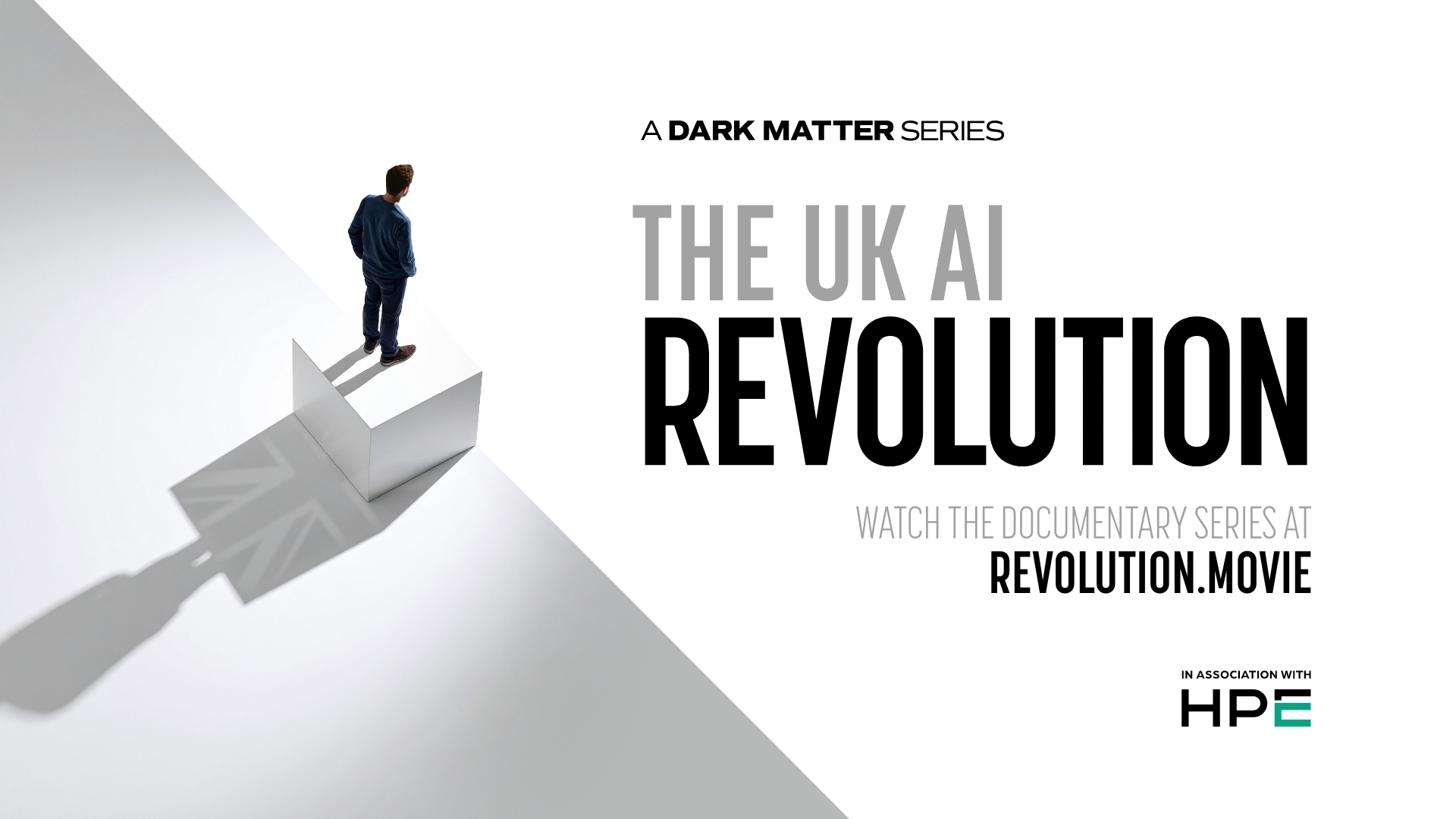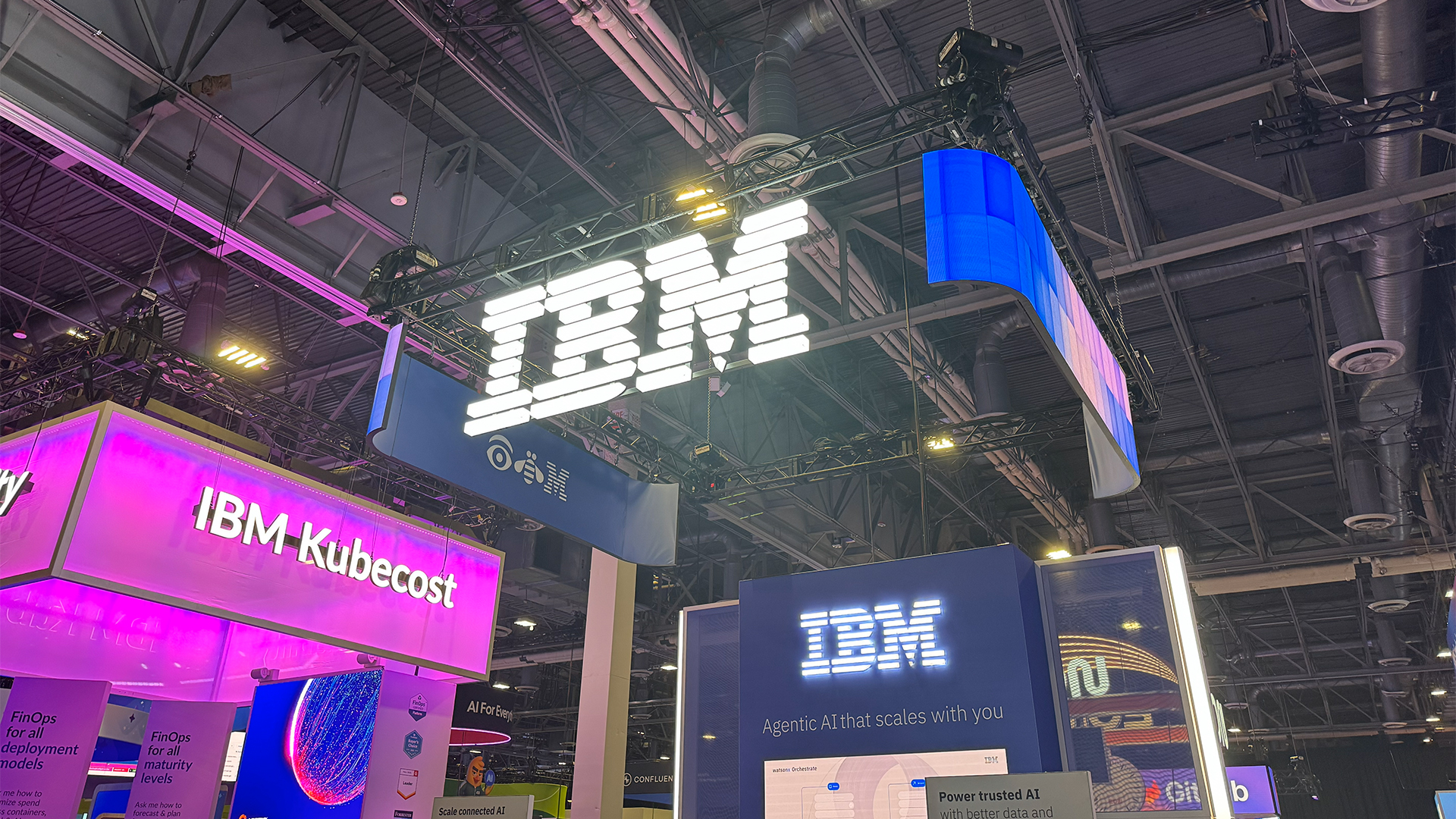CEOs think workers are becoming hostile to AI tools, but they’re pushing ahead with adoption anyway
Executives are driving the adoption of AI tools despite concerns workers will push back


Nearly half of CEOs believe their employees are becoming openly hostile to AI tools, but it's not slowing down adoption rates.
That's according to a survey by tech services company Kyndryl, which polled 1,000 executives to unpick how ready workforces were for the arrival of AI.
One of the key findings was that 45% of CEOs think that most of their employees are anti-AI — though just 8% of CTOs and CIOs believe employees are resistant to the technology.
"Preparing your workforce for the era of AI is easy to say, hard to do, and an urgent imperative for business leaders," said Maryjo Charbonnier, Chief Human Resources Officer at Kyndryl.
Notably, executives disagreed on how to approach workforce readiness when it comes to AI adoption. Tech executives, such as CTOs, are far more focused on upskilling existing staff, with 80% favoring this strategy.
In contrast, four-in-ten CEOs said they are prioritizing hiring external talent to bolster skills in the technology.
No wonder then that 27% of CEOs believed fears of job displacement was a serious barrier to AI, with the same figure believing resistance to change would also slow AI adoption.
Sign up today and you will receive a free copy of our Future Focus 2025 report - the leading guidance on AI, cybersecurity and other IT challenges as per 700+ senior executives
The report echoes research by IBM last year that suggested CEOs are pushing adoption of generative AI more quickly than workers are comfortable with.
Nearly two-thirds (64%) of CEOs said they are accelerating AI adoption plans, but only 44% of respondents revealed they had “assessed the impact” of the technology on their workforce. This, the study warned, is creating a divide among executives and frontline staff.
Skills gaps limit success of AI tools
The Kyndryl research found 95% of companies have invested in AI in some way, but 71% of leadership say their workforces aren't ready to make best use of the technology, with 51% believing there's a skills gap.
That suggests that organizations are successfully investing in the technology side of AI, but lack full readiness because they've neglected the people side of the equation, said Michael Bradshaw, Global Practice Leader for Applications, Data and AI at Kyndryl.
"Only a small group of businesses have been able to harness AI successfully for business growth," Bradshaw commented.
"This report shows that while data architecture and technology infrastructure are key pieces of the puzzle, organizations that do not prioritize their workforces and organisations will miss out."
That said, the report noted that workforce readiness varies depending on sector or industry, led by financial services with healthcare trailing.
How businesses are using AI
While most companies surveyed had fully deployed AI in some way, just 35% said it was fully integrated across the organisation. A further 39% said it was in use in some areas while another 21% said AI implementations were still in early stages.
The report found that generative AI tools were the most popular form of the technology in business, used by nearly two-thirds of those surveyed, but they aren't necessarily being used for the biggest impact.
Just four-in-ten are targeting growth and while only 20% are developing new products or services.
Companies doing the most with AI, which the report referred to as AI Pacesetters, are three times more likely to have implemented a change management strategy, and nearly a third less to see concerns from staff about AI.
"The encouraging news is that organisations who can get alignment at the top are not only marching in the same direction, but are seeing the benefits of that alignment," said Kim Basile, Chief Information Officer at Kyndryl.
"This work isn’t easy, but aligning technology strategies with broader business goals is the top action leaders need to take to fully benefit from AI."
MORE FROM ITPRO
Freelance journalist Nicole Kobie first started writing for ITPro in 2007, with bylines in New Scientist, Wired, PC Pro and many more.
Nicole the author of a book about the history of technology, The Long History of the Future.
-
 The UK AI revolution: navigating the future of the intelligent enterprise
The UK AI revolution: navigating the future of the intelligent enterpriseAs AI reshapes industries and societies, decision-makers in the UK face a critical choice: build a sovereign future or merely import it.
-
 Turning the UK AI revolution into a sovereign reality
Turning the UK AI revolution into a sovereign realityThe UK AI Revolution documentary series posed difficult questions about AI’s hype, control, and future. Now, IT leaders must find the architectural answers
-
 Companies continue to splash out on AI, despite disillusionment with the technology
Companies continue to splash out on AI, despite disillusionment with the technologyNews Worldwide spending on AI will hit $2.5 trillion in 2026, according to Gartner, despite IT leaders wallowing in the "Trough of Disillusionment" – and spending will surge again next year.
-
 A new study claims AI will destroy 10.4 million roles in the US by 2030, more than the number of jobs lost in the Great Recession – but analysts still insist there won’t be a ‘jobs apocalypse’
A new study claims AI will destroy 10.4 million roles in the US by 2030, more than the number of jobs lost in the Great Recession – but analysts still insist there won’t be a ‘jobs apocalypse’News A frantic push to automate roles with AI could come back to haunt many enterprises, according to Forrester
-
 Businesses aren't laying off staff because of AI, they're using it as an excuse to distract from 'weak demand or excessive hiring'
Businesses aren't laying off staff because of AI, they're using it as an excuse to distract from 'weak demand or excessive hiring'News It's sexier to say AI caused redundancies than it is to admit the economy is bad or overhiring has happened
-
 Lisa Su says AI is changing AMD’s hiring strategy – but not for the reason you might think
Lisa Su says AI is changing AMD’s hiring strategy – but not for the reason you might thinkNews AMD CEO Lisa Su has revealed AI is directly influencing recruitment practices at the chip maker but, unlike some tech firms, it’s led to increased headcount.
-
 Accenture acquires Faculty, poaches CEO in bid to drive client AI adoption
Accenture acquires Faculty, poaches CEO in bid to drive client AI adoptionNews The Faculty acquisition will help Accenture streamline AI adoption processes
-
 Productivity gains on the menu as CFOs target bullish tech spending in 2026
Productivity gains on the menu as CFOs target bullish tech spending in 2026News Findings from Deloitte’s Q4 CFO Survey show 59% of firms have now changed their tune on the potential performance improvements unlocked by AI.
-
 Global IT spending set to hit a 30-year high by end of 2025
Global IT spending set to hit a 30-year high by end of 2025News Spending on hardware, software and IT services is growing faster than it has since 1996
-
 IBM’s Confluent acquisition will give it a ‘competitive edge’ and supercharge its AI credentials
IBM’s Confluent acquisition will give it a ‘competitive edge’ and supercharge its AI credentialsAnalysis IBM described Confluent as a “natural fit” for its hybrid cloud and AI strategy, enabling “end-to-end integration of applications, analytics, data systems and AI agents”.
